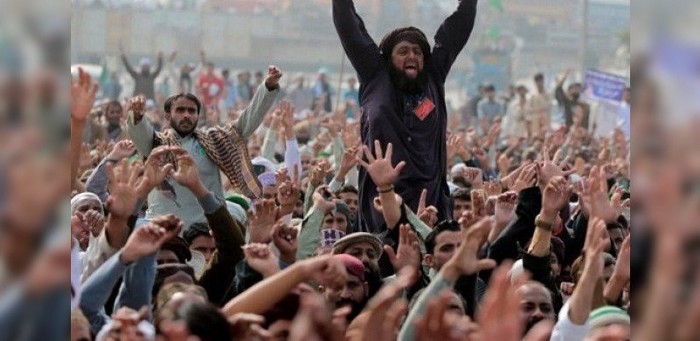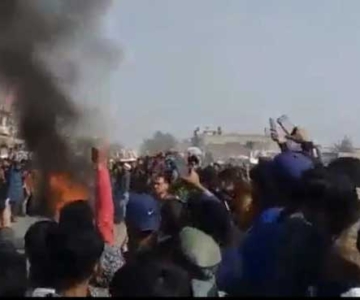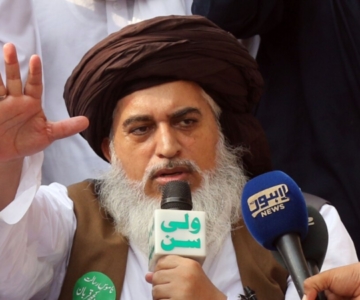That the Pakistani state has capitulated twice before religious extremists in less than a year speaks of the crisis of national identity that our future generations will have to deal with. Over the decades, clerics of all varieties have been allowed to expand their political and social power. Now this power is mediated through mosques, madrassas and the capacity to mobilise young men on the streets. The politicians have patronised such elements over the years to maximise their electoral gains. In the absence of properly organised grassroots political party structures religious groups are quickly filling in the vacuum.
Days after the government representatives signed an agreement with the leaders of Tehreek e Labbaik Pakistan (TLP), the tension continues. In fact, the government appears to be a divided house. The Prime Minister has been busy with an important trip to China and therefore absent in the midst of a serious crisis. The cabinet ministers appear to have viewpoints. The minister for Human Rights posted on Twitter that appeasement of bigotry was not the right course. The minister for Information says that the agreement was fire fighting. Cases have been registered against clerics who abused the military and issued fatwas on judges. The representatives of the Punjab government have a different approach to the appeasement. Sections of media sympathetic to the government are projecting this as a victory for PTI. In short, there is absence of a cohesive strategy and a clear departure from what PM Imran Khan had promised last week.
Those who incite murder of judges must be prosecuted as per the law. Otherwise it would be clear that the state uses law only for its advantages such as booking former (and out of favour) prime ministers and journalists for treason or punish bloggers who criticize security institutions.
It is a truism that states should avoid bloodshed; and find ways to resolve conflicts that can quickly escalate. At the same time, the writ of the state matters and those who declare sitting judges of the highest court of land as wajib-ul-qatl (worthy of murder) and incite mutiny within the ranks of the Army need to be dealt with an iron hand. The leaders of TLP must not be allowed to keep the country hostage.
Perhaps the starting point would be that those elements of the state that were busy in appeasing them (including cash transfers) in 2017 must retreat and stop supporting these groups. Secondly, there can be no compromise on the sanctity of our national institutions. Those who incite murder of judges must be prosecuted as per the law. Otherwise it would be clear that the state uses law only for its advantages such as booking former (and out of favour) prime ministers and journalists for treason or punish bloggers who criticize security institutions. Thirdly, the registration of FIRs against ‘miscreants’ is meaningless as they are viewed as instruments of bargain. Effective prosecution of these cases and speedy trials must be held to give a clear message that flouting the law has serious consequences.
We hope that the PTI government will set a new direction for the country and not cave in like the parties that it criticizes ad nauseam. If it does not act in a different manner, the promise of tabdeeli (change) will remain a hollow slogan.



